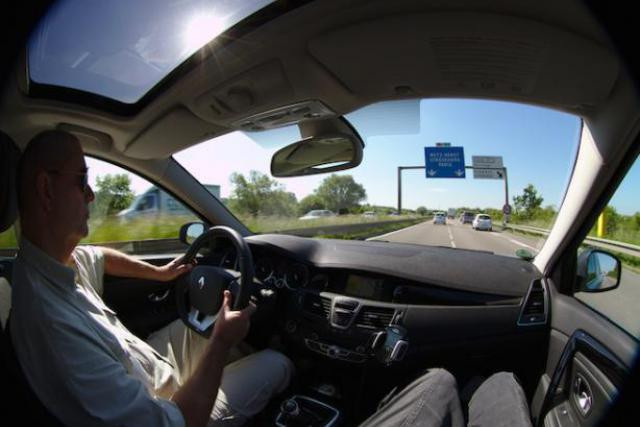The House of Automobile (HOA), whose members include representatives of car dealerships and lease companies, was among those to express concerns about the introduction of the World Harmonised Light Vehicle Test Procedure. They claim that the consumer "would be the one who would pay the costs of a higher vehicle tax" and said there was disagreements about the timeframe of the vehicle tax being linked to WLTP emissions data.
The HOA claims that the cutting of benefits to employees with lease vehicles will have an impact on the vehicle retail market in Luxembourg if cross-border workers, who account for 50% of lease drivers, start to use cars purchased in their home country. Thos older private vehicles will also often have higher emissions than new lease vehicles, thus negating any positove envirnmental impact the HOA says.
The Automobile Club of Luxembourg (ACL) had also posted its disagreement with recent measures announced over the last weeks, “all of which will have a cost to the motorist”.
In its Wednesday communiqué, the ACL specifically cites the planned switchover to the new WLTP, or World Harmonised Light Vehicle Test Procedure, an EU manoeuvre to better assess carbon emissions and fuel consumption, road tax reform, as well as the increase in excise duties on fuel announced earlier this week. It also refers to the carbon tax planned for 2021.
“While the ACL is in favour of actions towards more sustainable mobility, it is not clear how the measures announced will currently make it possible to achieve this objective,” it stated.
The ACL’s main concerns include the impact the changes will have on lower-income households, a lack of clear information on the implications for motorists, how receipts from tax increases will be used, how infrastructure will be financed to ensure the effectiveness of public transport, which will be free-of-charge by 1 March 2020, and whether there are plans for individuals who are reliant on private vehicles to get around the grand duchy.
“It would be good if, for 2021, the government anticipated the actions it wished to take early enough, so as not to take users hostage and give them enough time to learn and be advised,” the ACL added.
Bausch responds
The minister expressed his response to what the Thursday communiqué calls “fiery criticisms“ made during the Wednesday press conference by the HOA and made it clear that the introduction of the WLTP had already been foreseen given that it was in force already in 2017.
“It goes without saying that the terms of the European regulation have been discussed many times during joint meetings between the ministry and those responsible for the automotive sector, and this since 2018,” the communiqué reads.
Bausch says that originally he had fixed a date of 1 January 2020 for the introduction of the new WLTP-linked vehicle tax, but that he had granted an extension to 1 March following a letter from the HOA. This was a "gift" from the minister to allow dealerships to sell stock under the old vehicle tax regime during January's automobile festival, whuch traditionally accounts for up to a third of annual sales.
The minister also said the new standards should make fuel consumption and carbon emissions more transparent to the consumer up front and makes the case that with the old standards the consumer is actually “the big loser” for having to pay extra fuel prices annually which would not be foreseen through the old standards.
